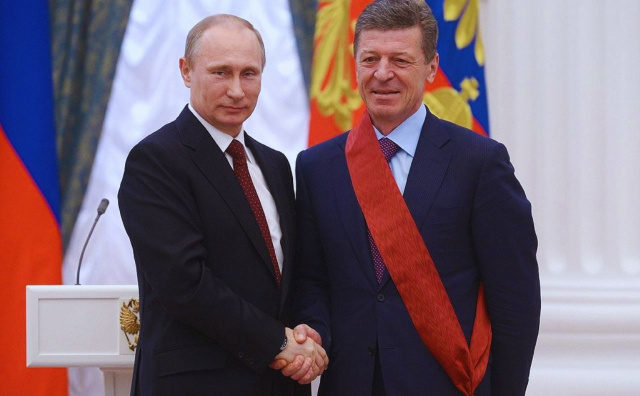By Ghana News,Kwame Bediako
Copyright ghananewss

The Ghana Employers’ Association (GEA) and Trades Union Congress (TUC) of Ghana have jointly appealed for government to adopt a series of bold and targetted policies for tackling Ghana’s slow economic transformation, volatile macroeconomic ecosystem and unlocking sustainable growth.
The social partners emphasised that productivity is central to Ghana’s economic transformation and lamented the country’s slow and uneven progress.
They cited the recent national productivity, employment and growth report by Ghana Statistical Service (GSS) and International Labour Organisation (ILO), wherein employers and workers together pressed government to prioritise macroeconomic stability, sectoral transformation, wage reforms and skills development to realise the nation’s growth potential.
Consequently the two groups outlined a six-point plan for urgent national action – with the hope that these decisive policy measures will accelerate productivity, create decent employment and ensure inclusive economic growth.
GEA and TUC cite exchange rate volatility, inflation fluctuations and credit constraints as critical impediments to long-term business planning and employment sustainability.
For his part, TUC Secretary-General Joshua Ansam urged for a coordinated policy framework that supports domestic production and expands access to capital, ensuring fiscal frameworks provide for productive investment.
He called for tailored public-private sector action plans that include value chain support, industrial clusters and targetted financing, alongside enterprise-level support for productivity audits and innovation adoption.
On the critical issue of wages, they underscored the importance of aligning wage growth with productivity gains to ensure fairness for workers. However, the groups cautioned that sustainability and competitiveness must remain the guiding principles – advocating a data-driven national wage-productivity adjustment model.
On the other hand, Chief Executive Officer-GEA Alex Frimpong observed that with over 80 percent of the workforce in the informal sector, inclusive productivity gains are impossible without supporting informal workers and enterprises – backing implementation of the national formalisation roadmap.
GEA and TUC reaffirmed their commitment to social dialogue, urging government – through the Ghana Statistical Service – to ensure timely release of disaggregated productivity data that informs wage-setting and investment planning.
Post Views: 1



